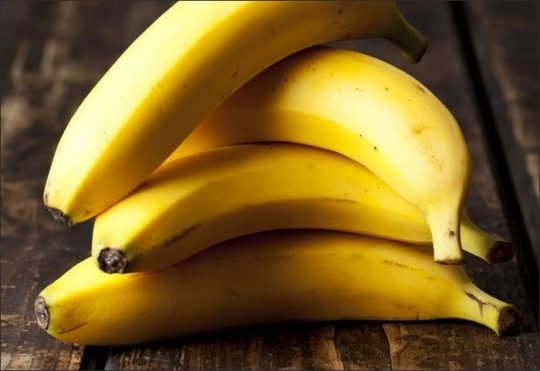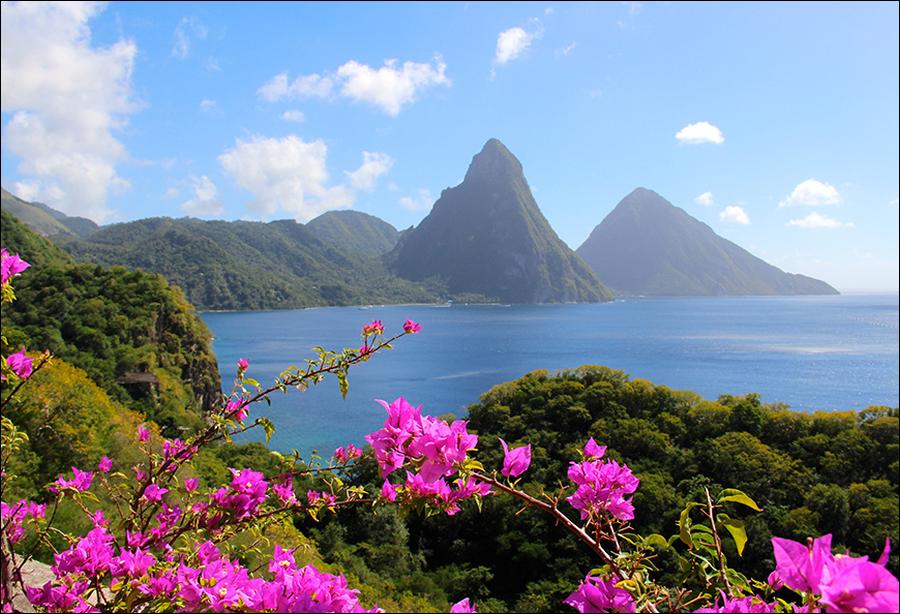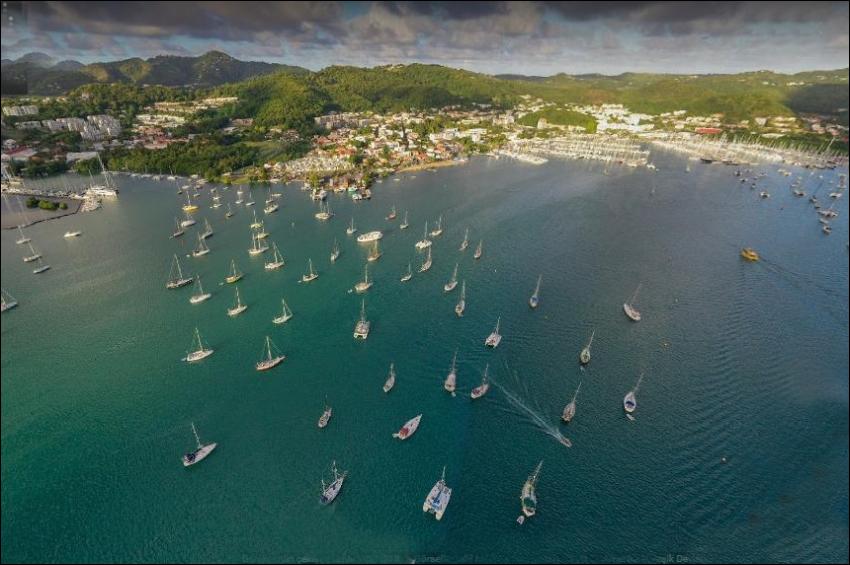To those in world trade names of countries and regions suggest their products. It has always been so. The East Indies four hundred years ago meant spice; two hundred years ago China meant silks and tea; Canada meant fur. The Caribbean to Queen Elizabeth meant gold–it was the route of the treasure ships of Spain–to Washington it meant sugar and molasses, and to our children it will suggest bananas.
New foods often make their way slowly, especially among older nations. The English are still behind the Scotch in their appreciation of the value of oats for human food; the potato came into its own in Germany only in the second half of the nineteenth century and Europe still looks upon maize as fit nourishment only for the lower animals and the poor. But even prejudice yields to proof. The development of the banana market illustrates both conservatism and its overthrow.
America only, among the important commercial countries of the globe, realizes the value of this new food. Location rather than adaptiveness, till recently, explained the fact. When refrigeration was unknown and fast steamships for freight service still a thing of the future bananas could be marketed only within areas easily accessible from the regions in which the fruit was produced. Large quantities grew wild, enormous amounts were consumed locally, but the surplus either went to waste or was used to fatten pigs, as is still the case with the inferior product.
Even in the United States, until a generation ago, the banana was a fruit counted a luxury rather than a valuable food. The beginning of the banana trade was made in 1866 by Mr. Carl B. Franc who imported on a small scale from the Panama region to New York. For some years he had a virtual monopoly on the Philadelphia and New York market but his enterprise did not develop permanence, and the credit for making the banana a feature of our fruit markets belongs to another pioneer, Captain Lorenzo D. Baker.
With the exception of the Canary Islands, all the countries producing large quantities of bananas for export border the Caribbean, and of those exported the United States consumes many times as much as any other country and far more than all the rest of the world combined.
European countries are now coming to appreciate the new food; in fact, the most rapid increase of consumption and the best prices are now received there rather than in the United States.
The world is just awakening to the value of the banana as food. The acreage devoted to banana growing is being rapidly increased. This can be easily done for the areas suitable have as yet only been touched. Improved refrigeration and quick steam service will continue to widen the area in which the product can be marketed, and besides its present use as a fruit it will be used as it now is in the tropics, where it is boiled green as a vegetable and manufactured into a variety of byproducts, among which are a confection known as “banana figs,” banana flour and banana vinegar.
These may become the basis for the industry in, areas too distant to profit by the demand for fresh fruit. If present development continues, it will be an important factor in raising the Caribbean region from its present none too stable economic condition to one in which it will occupy a secure position as a region from which an important article of the world’s food supply will be drawn.
But the development will have consequences not merely economic. Plantations represent capital which will demand protection from disorder. The economic importance of banana exports is not now comparable to that of sugar in the Caribbean region, but in the need of protection to investment the banana plantations occupy a position greater than their value would indicate, for whereas sugar production occurs in the Caribbean chiefly in its stabler communities, the principal banana regions, with the exception of those in Jamaica, are in weak states.
The introduction of capital, however, besides increasing the duties in the keeping of order contributes to the solution of that problem. It increases the national wealth in furnishing a larger basis for the creation of national income by which orderly progress can be assured. Further, with steady work and larger, stabler income, the wants of the people will expand, giving them greater interest in the maintenance of the order which makes the satisfaction of those wants possible.
Moreover, an immediate consequence of the development of the direct trade with Europe, now just beginning, is to threaten the supremacy of the United States in some of the Central American markets. People buy their goods, other things being equal, in the countries where their own products find their best sale. If improved transportation facilities for the banana trade develop between the Caribbean and European ports, it is but natural that more European, manufactured goods will seek market there.
Direct shipments have been established already through the banana trade by the United Fruit Company and the Hamburg-American line between European ports and Mexico, Jamaica, Honduras and Costa Rica. Already our Central American consuls have warned us of the coming competition which we must expect in that region from the new direct outlets for French, German and English trade.
We have been fortunate heretofore because, especially in some of the regions of Central America and in Jamaica, we have been practically the only great buyer of the most important product of the country. If present developments continue, however, this advantage along with our favored conditions of transportation will disappear.



